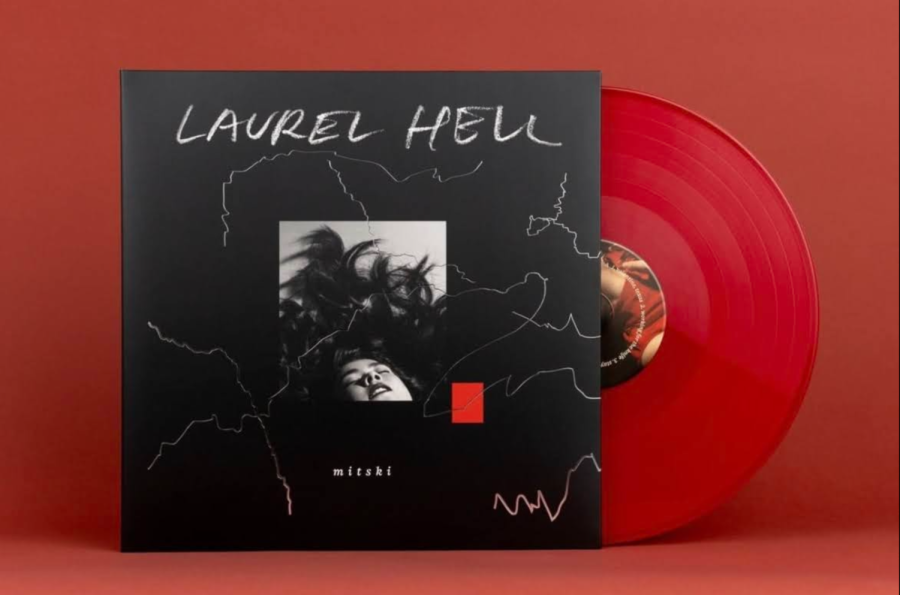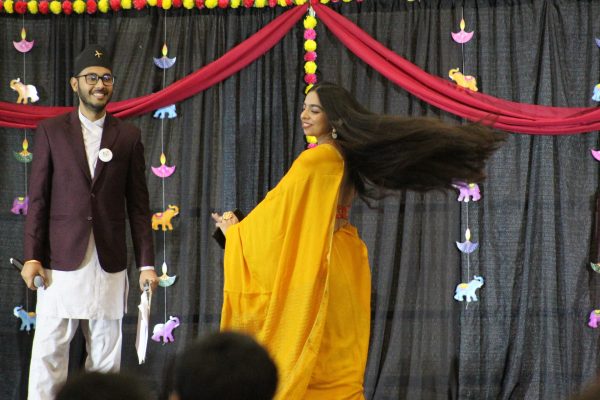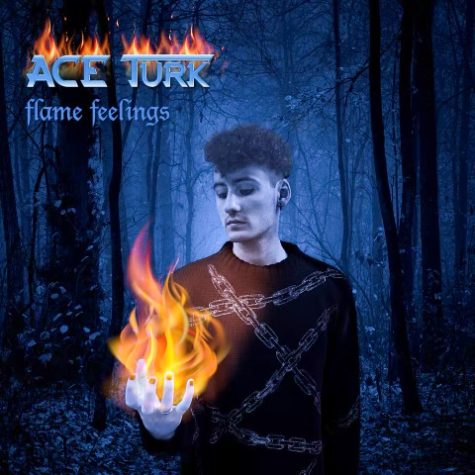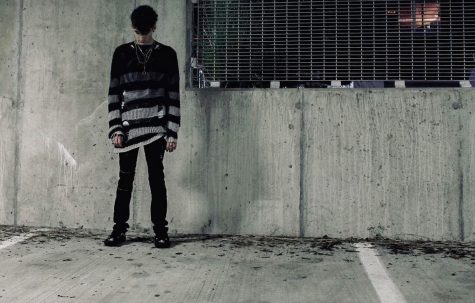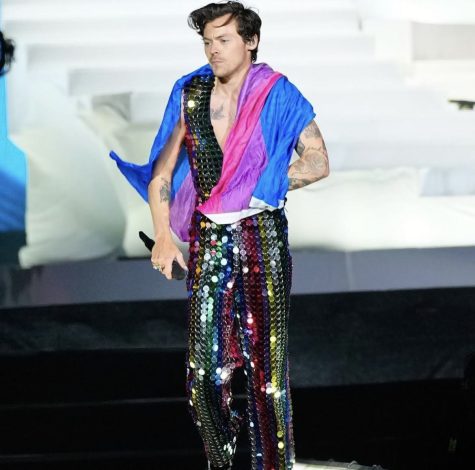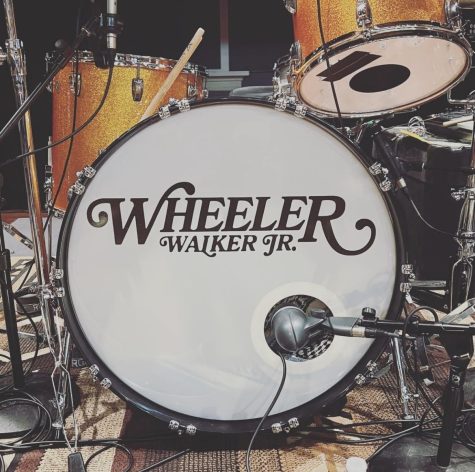Mitski’s “Laurel Hell:” A fitting farewell to a toxic industry
Photo courtesy of @mitskileaks on Instagram
The “Laurel Hill” Album by Mitski
On Feb. 4, Mitski released her highly anticipated sixth studio album, “Laurel Hell.” Spanning 11 songs and approximately 32 minutes, Mitski reckons with the idea that in the music industry, she isn’t always creating for herself, but for millions of anxiously awaiting fans.
According to InsideHook, the 31-year-old singer-songwriter planned to quit music after she released her critically-acclaimed fifth studio album, “Be the Cowboy.” However, after she made this decision, she realized that according to her record label contract, she was required to release one last album.
In her album “Laurel Hell,” Mitski goes out with a bang, singing about the death of creativity under capitalism, and the ongoing restlessness she feels.
The album opens with low droning synths in “Valentine, Texas,” as Mitski croons about the unknown, “Let’s step carefully into the dark. Once we’re in, I’ll remember my way around.” The song starts off slow, but quickly explodes into a beautiful arrangement of synth strings and piano notes.
Although her song “Valentine, Texas” is about the unknown, Mitski does find her way around, and soon realizes that her passion had become commodified in “Working for the Knife.”
As a fitting metaphor for the music industry, “Working for the Knife” symbolizes how working for a record contract can be the death of creativity.
“I used to think I would tell stories. But nobody cared for the stories I had,” Mitski confesses, with a similar synth sound that recurs throughout the album.
“I start the day lying and end with the truth. That I’m dying for the knife,” Mitski proclaims as the song comes to a close.
Although this characterization of art under the music industry invariably leads to mediocre music, Mitski defies this notion, creating an album that perfectly captures how many feel under the constraints of capitalism.
Art is no longer created just for fun––at least for most. Although Mitski is working under certain parameters, she makes this album her own.
“Working for the Knife,” is a depressing song, but that doesn’t define the album as a whole. The following songs slowly crescendo into an upbeat style reminiscent of that of the 80s.
In “Stay Soft,” Mitski sings about sex and pain. “Fury, pure and silver/ You grip it tight inside/ Like a knife, it glints in your eye/ It’s why I’ve arrived, your sex god/ Here to take you where you need to go.” This theme of restlessness and repression builds throughout the song until it reaches its climax. “Open up your heart, like the gates of Hell,” Mitski demands.
Throughout the following songs, Mitski embraces the darkness and the unknown, and turns her restlessness into an intense desire for love and human connection. This theme manifests itself into “Love Me More,” a fervent expression of desire. “I need you to love me more/ Love me more/ Love me more,” Mitski repeats to someone who remains unknown.
This intense desire to be loved, emphasized throughout the following songs, builds up to the album’s finale “That’s Our Lamp.” In this song, it’s clear that Mitski has found her love. The song discusses an intense fight with a lover, where Mitski comes to the realization that she has been loved all along. The song ends with a repeated line, as if Mitski can finally rest. “That’s where you loved me,” she repeats, until the song fades to a close.
While it’s unclear whether or not Mitski will ever release music again, she made an incredibly meaningful album despite the parameters given to her, ultimately finding meaning while working for “the knife.”

Samuel Weinmann is a passionate journalist who is a junior international affairs major at the University of New Haven. As the editorial head of the Charger...



